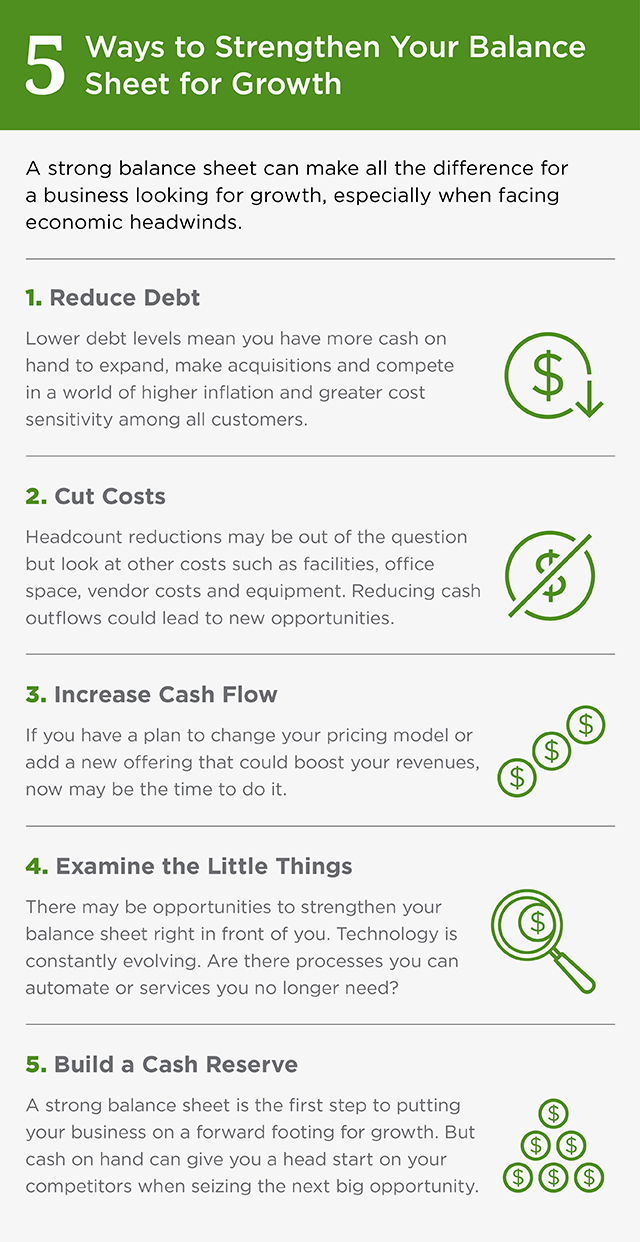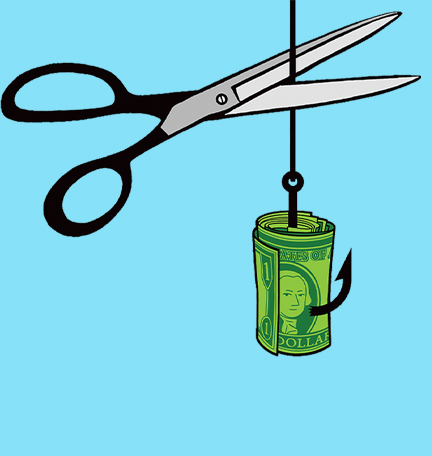Supply chains are changing—and businesses across the region are reaping the rewards.
To identify the fastest-growing companies in the Southeast and to understand what they all have in common, there’s one place to start: the supply chain.
From transportation and warehousing to fulfillment and logistics, there has been a veritable explosion of growth, explains J.D. Mealor, Commercial Banking Leader at Regions Bank in Georgia.
“Where we are geographically, we see warehouses popping up all over the place. More than that, we see existing warehouse businesses expanding into fulfillment and hiring employees to fill and ship orders,” Mealor says. “That is absolutely where I see the biggest growth across all sectors.”
Supply Chains in a Post-Pandemic World
Unlike some growth drivers of recent decades, such as technology, there’s nothing necessarily new about supply chains. Businesses have always needed raw materials, along with a place to store materials and finished products, and finally a way to deliver those products to their customers. Yet several important trends have recently reshaped how companies manage their supply chains, creating a host of new business opportunities.
The severe supply chain disruptions during the pandemic left an indelible mark on many business owners. Businesses are making sure they don’t have similar disruptions to their supply chain in the future by:
- Maintaining higher inventory. Not being able to deliver products to customers on time does more damage than just the loss of a sale. It can mean losing a customer. That has led more businesses to take a better-safe-than-sorry approach to their inventory decisions, which means keeping more raw materials and finished product in warehouses.
- Developing shorter chains. A trend toward onshoring is creating more intensive domestic supply chains, along with new opportunities among American manufacturers. More manufacturing is being done locally, and that doesn’t necessarily mean fully domestic, but it might mean Mexico or Western Europe.
“Businesses that have relied heavily on products from international vendors with lower labor costs struggled to fill customer orders during the pandemic,” Mealor says.
The renewed focus on the supply chain isn’t limited to business, either. The construction of the Northeast Georgia Inland Port is another hot spot. The 104-acre installation will provide a direct rail between the Port of Savannah and major highways outside of Atlanta. The inland port is expected to free up the supply chain in northeast Georgia, which will have a ripple effect up to the Carolinas.
Challenges Ahead
Even fast-growing businesses in the Southeast are facing more complex challenges than they did just two years ago.
The cost of goods. Prices have continued to rise with inflation, which has affected everything from equipment to raw materials to labor.
Equipment shortfalls. Many growing businesses are facing shortages of essential equipment as a direct result of the supply chain issues of the past few years. “There’s a shortage of both tractors and trailers. And businesses of all stripes need both to get the raw materials they use and to get their goods to market,” Mealor says. By some accounts, companies are paying as much for a used tractor as they used to pay for a new one.
Staffing crunches. Businesses are finding it difficult to hire and retain the people they need to continue their growth. “Every business in this nation is faced with an employee resource challenge. The headlines talk about jobs being cut, but many of those jobs are in the tech industry,” Mealor says. “You don’t hear about the same challenges in industries where goods are being touched and moved, such as supply chain. You don’t hear that in transportation logistics. You also don’t hear that in the medical profession.”
Mealor points to some of the traditional companies he works with, where they take raw material and turn it into a finished product and ship it out to customers. But that means competing for scarce workers. And while that’s a major challenge, it’s also an area where many employers in the Southeast have found creative—and even inspiring—solutions. Gwinnett County Public Schools in Georgia, for example, has partnered with local businesses to create modern-day internships for high school students.
“Kids in these schools are learning welding and other high-end skills,” Mealor says. “It’s really fantastic to see how this school system is partnering with companies of all sizes to train and educate the next generation of employees.”
One Thing Growing Businesses Have in Common
The business landscape in the Southeast today is very different from what we’ve seen in the last decade. So, what do many successful companies have in common today?
According to Mealor, one major commonality across the growing transportation, logistics, manufacturing and cold storage industries is having a strong balance sheet. “Many of the companies in these industries were well capitalized with cash and investments. None of them were relying on bank debt to fund their everyday operations. Cash still matters. And if you have cash, you can make decisions that others can’t,” he says.
Not every company is in a strong cash position. But there are always steps a company can take to improve its balance sheet. An important first step for companies is to be self-reflective and honest. Focus on those aspects of your business that are going to see you through the hard times. You don’t have to cut employees. But maybe you have equipment that you’re not using, and you need to liquidate that to generate cash.
For instance, Mealor notes that one client that operates a cold storage business was able to embark on a two-year construction project with more than 250,000 square feet of new space that has been presold to its customers. This company was able to make this type of strategic investment because it had cash on hand.
According to Mealor, this company was able to pay down its debt, then sit on the cash and patiently wait for the right time to make investments that could elbow out its competitors.

Three Things to Do
- Consider attending one of our seminars on business financial statements, especially balance sheets.
- If you’re looking for capital to expand your business, speak with a relationship manager about our commercial lending options.
- Learn how to strengthen your treasury function with Regions’ iTreasury.











